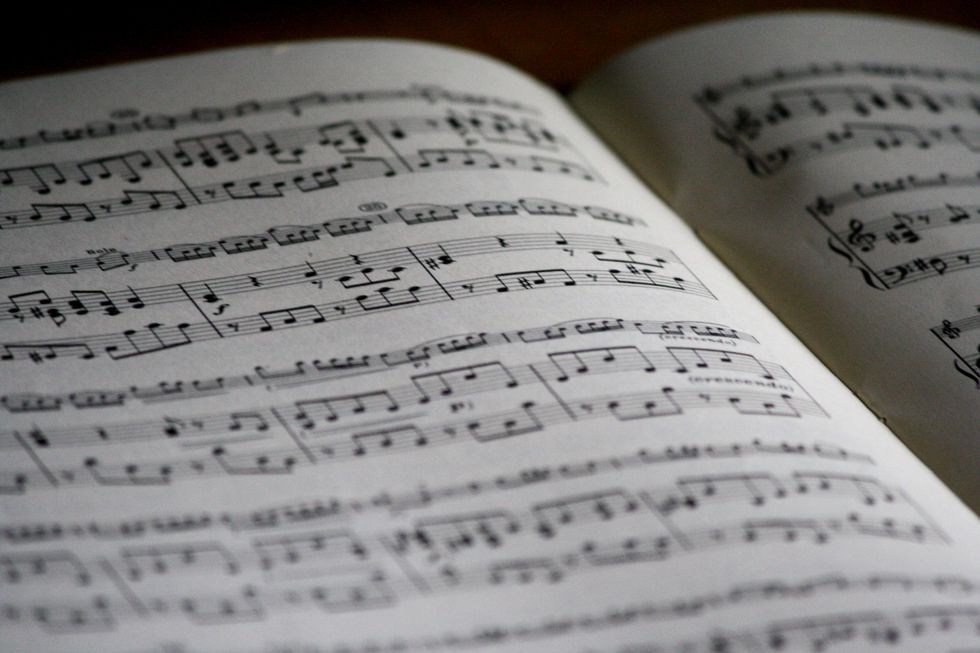I can't help but get goosebumps when I listen to pieces such as Beethoven's Ninth Symphony or Rachmaninoff's Piano Concerto No. 2. There's just something so magical about the melodies of classical music that modern music simply cannot portray.
I would like to believe that today's modern generation's preference for modern over classical music is attributed to the genres' differing content. However, the thing about most Millennials today is that we want to listen to music that appeals to our time and speaks to our reality. So...most times, tunes that call to mind ladies in hoop skirts aren't so appealing.
Another thing to note is the fact that classical music, as a genre, is much longer and time-consuming than modern three minute pop songs. But, despite the reasons many find to not give classical music a chance, I choose to argue that it is the most complex, intelligent, and expressive genre of music to ever exist. Not to mention, it is extremely beneficial to brain activity and productivity.
Listening to classical music has been attributed to better memory, lower blood pressure, better pain relief, and a generally happier mood overall. In addition, classical music can lower stress levels and improve sleep quality.
Plus, it can be great for college students, because we can't be tempted to sing along while we're trying to study!
Music exists as a form of art, and I really appreciate how classical music takes emotion and twists and stretches it into something truly beautiful. In a range of quiet to loud, slow to fast, and sharp to gentle, the widest array of feelings can be arranged into a magnificent story within seconds.
So, even if you have the preconception that classical music is "only for old people," I would encourage you to give Chopin or Tchaikovsky a chance.
And remember, a life without music would simply "B flat."















